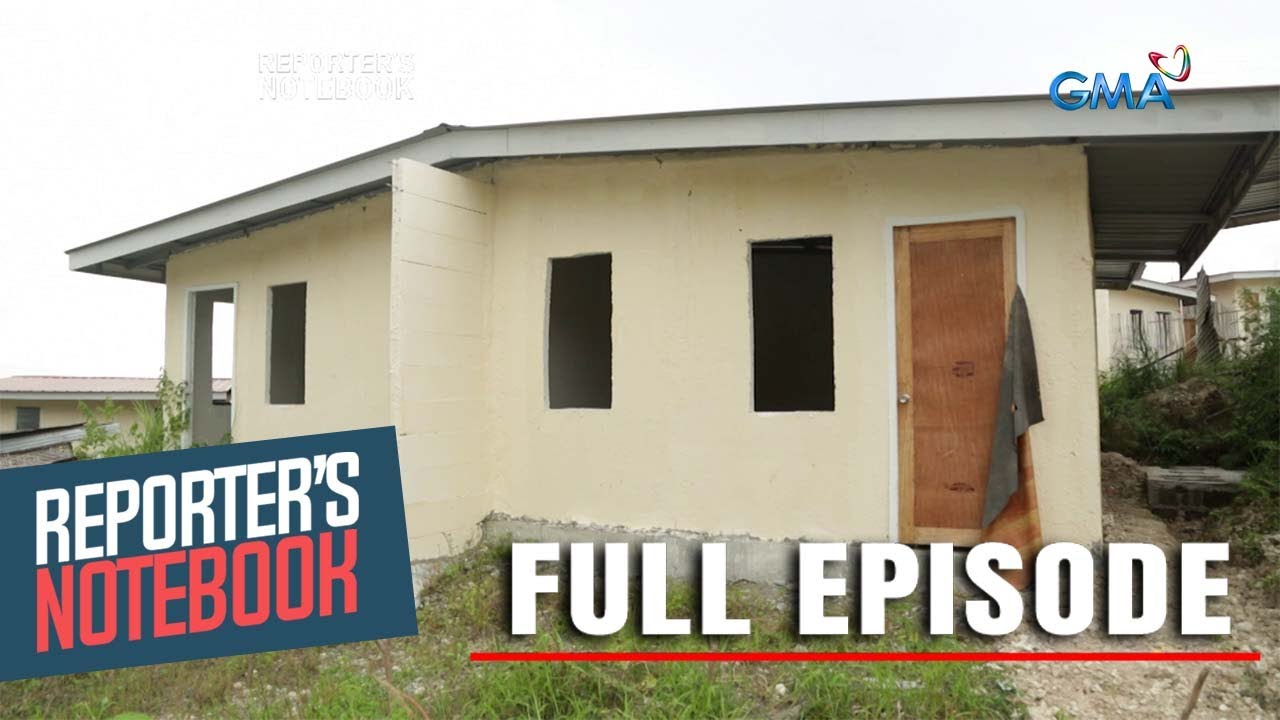Private Equity Is Devouring the Last Affordable Housing in America
Summary
TLDRThe video script discusses the plight of manufactured housing communities in America, often the last affordable housing option for many. It reveals how these communities have become targets for private equity firms, leading to significant rent increases and potential homelessness. The script follows residents' struggles, the role of investors like Alden Global Capital, and legislative efforts in Michigan to protect residents from predatory practices. It highlights the broader issue of housing affordability and the need for oversight on large investors.
Takeaways
- 🏡 Manufactured housing communities, often referred to as mobile home parks or trailer parks, are a critical but threatened form of affordable housing in the United States.
- 📈 Over the past decade, these communities have increasingly become targets for acquisition by private equity firms, leading to significant rent increases and potential displacement of residents.
- 💸 The business model of these firms relies on a captive market of residents who cannot easily move their homes, allowing for high rental yields and substantial returns on investment.
- 📊 Between 2020 and 2021, institutional investors were responsible for nearly a quarter of all manufactured home purchases in the U.S., with 12 private equity firms owning at least 1,200 parks nationwide.
- 💵 The cost of moving a manufactured home, ranging from $10,000 to $20,000, is prohibitive for most residents, making them particularly vulnerable to rent increases.
- 📉 Residents like Madalyn Beckett have seen their monthly rent and fees increase by as much as 50% after private equity firms took over their communities.
- 🏢 Companies like Homes of America, affiliated with hedge funds, have been accused of neglecting community amenities while raising rents and evicting residents.
- 🏛️ State Senator John Cherry has been working on legislation to protect residents from predatory landlords by requiring justification for rent increases and limiting fees.
- 💔 The legislation faced opposition and financial influence from the industry, with the Michigan Manufactured Housing Association PAC receiving substantial donations, leading to a withdrawal of support.
- 🔄 The fight for affordable housing in manufactured communities is emblematic of a broader struggle for housing justice and community control in the face of large-scale investment.
Q & A
What is the primary concern of the residents living in manufactured housing communities?
-The primary concern is the threat to affordable housing due to increasing rents and fees imposed by private equity firms that have bought out their communities, potentially leading to homelessness.
How many Americans live in manufactured housing communities?
-22 million Americans live in manufactured housing communities, which are often referred to as mobile home parks or trailer parks.
What is the role of private equity firms in the manufactured housing crisis?
-Private equity firms have been buying up manufactured housing communities, leading to significant rent increases and poor living conditions for residents, as they target these communities for high returns on investment.
What is the average cost to move a manufactured home?
-It costs between $10,000 to $20,000 to move a manufactured home, which is unaffordable for most residents living on an average annual income of about $35,000.
Why are manufactured housing residents considered vulnerable to predatory landlords?
-Residents are considered vulnerable because the high cost of moving their homes effectively 'traps' them in the community, making them susceptible to exploitative rent increases by landlords.
What is the significance of the legislation proposed by State Senator John Cherry?
-The legislation aims to protect residents from predatory landlords by requiring landlords to justify rent increases, limiting fees, making utility charges transparent, and ensuring fair market value is paid for homes if residents are evicted.
What happened to the legislation that was drafted to protect manufactured housing residents in Michigan?
-The legislation initially passed the House with bipartisan support but later lost the support of the Michigan Manufactured Housing Association and died in the State Senate.
What is the role of the Michigan Manufactured Housing Association in the failure of the legislation?
-The Michigan Manufactured Housing Association initially supported the legislation but later withdrew their support, which coincided with receiving significant donations from Havenpark executives.
What actions have residents taken to combat the issues in their communities?
-Residents have been lobbying at the state capitol for a new version of the bill package, attending local council meetings, and contacting state representatives to bring attention to their plight.
How has the situation in manufactured housing communities impacted the everyday lives of residents?
-Residents have faced increased financial burdens, with some having to rely on food banks and make difficult choices between paying rent, buying medication, and affording food.
What is the broader implication of the situation in manufactured housing communities?
-The situation highlights a larger struggle for control over neighborhoods and the need for affordable housing, affecting people from all walks of life and raising questions about the role of large investors in the housing market.
Outlines

此内容仅限付费用户访问。 请升级后访问。
立即升级Mindmap

此内容仅限付费用户访问。 请升级后访问。
立即升级Keywords

此内容仅限付费用户访问。 请升级后访问。
立即升级Highlights

此内容仅限付费用户访问。 请升级后访问。
立即升级Transcripts

此内容仅限付费用户访问。 请升级后访问。
立即升级5.0 / 5 (0 votes)






